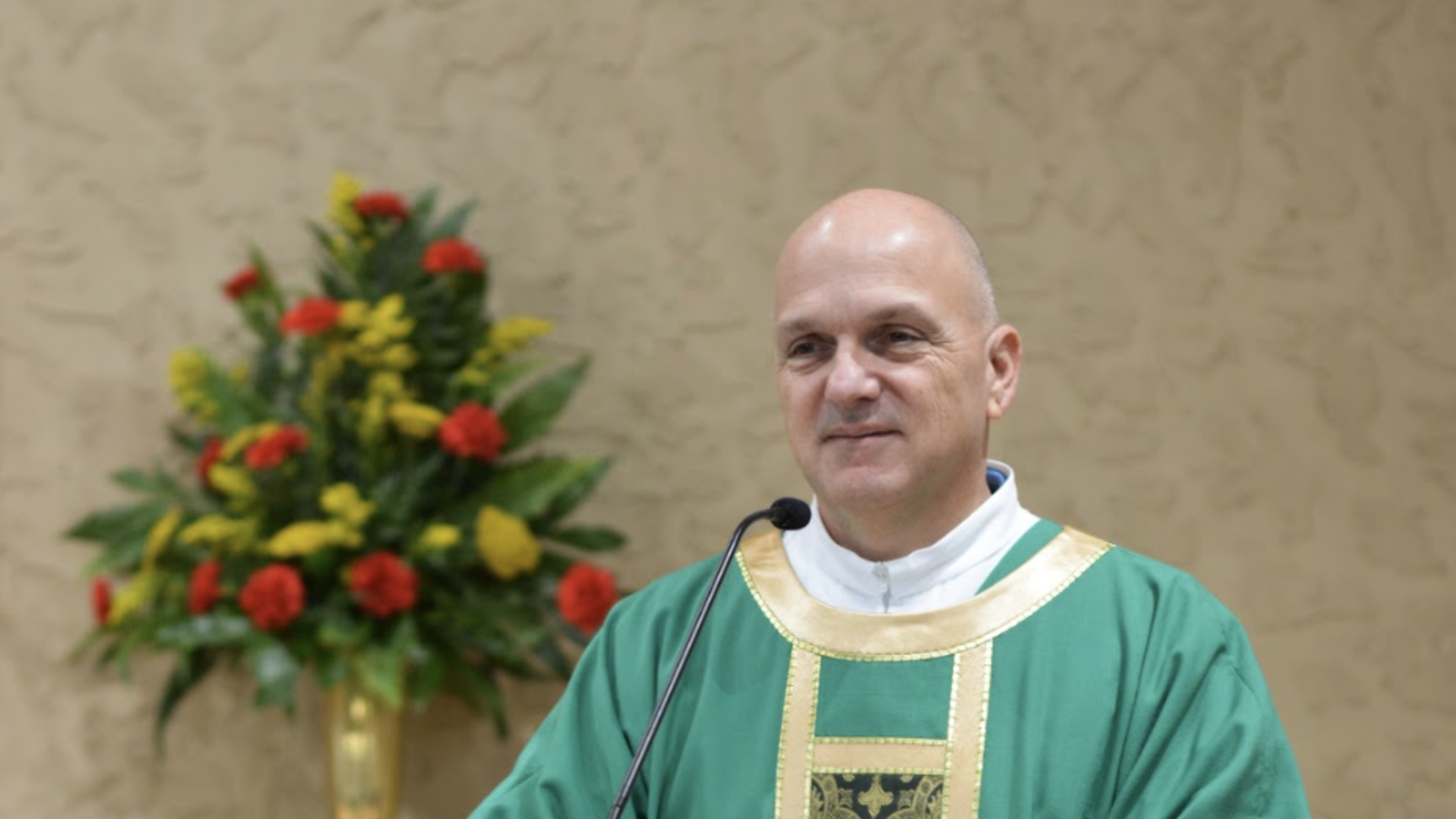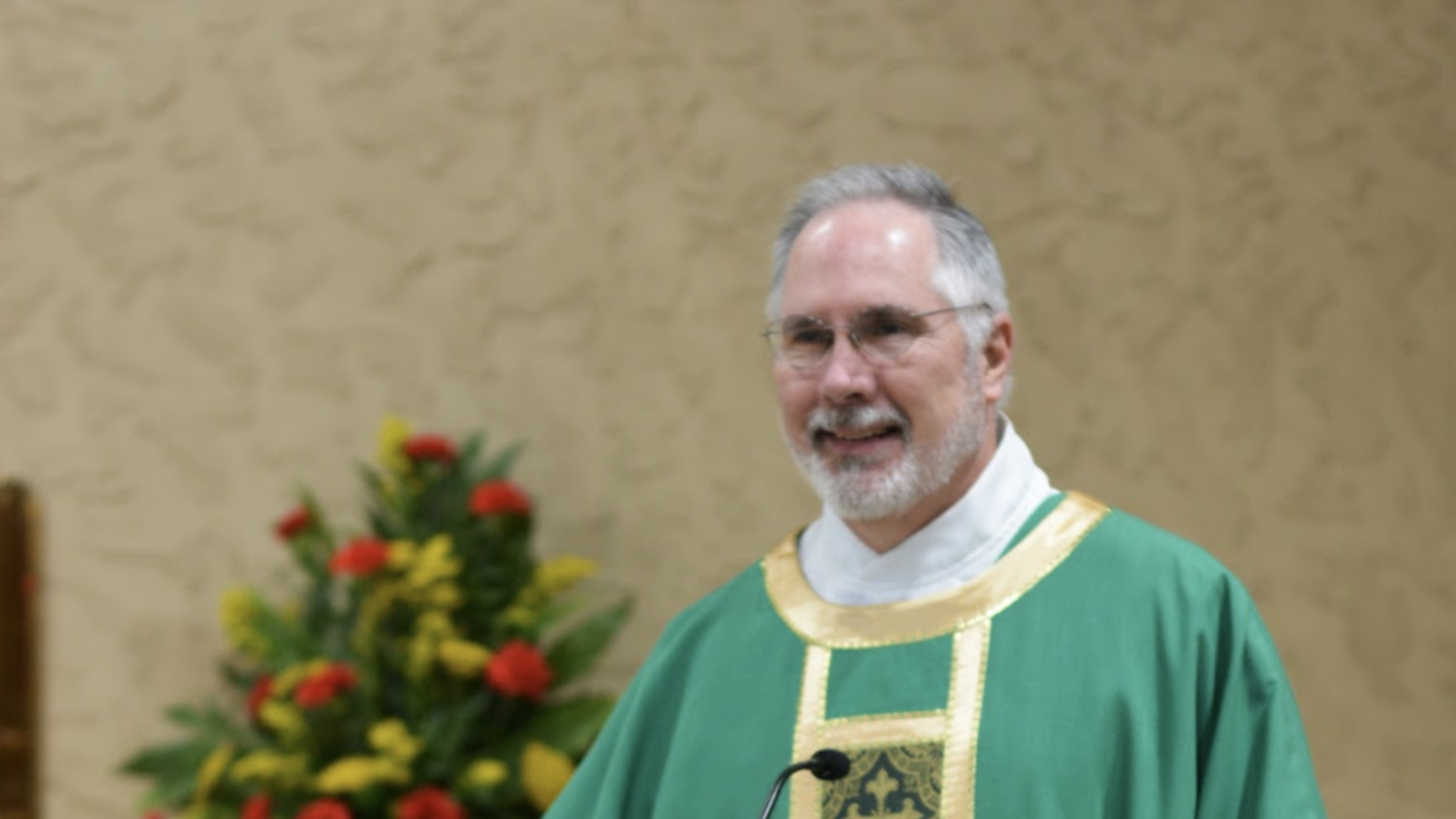
The Solemnity of Our Lord Jesus Christ, King of the Universe Cycle A
Ezekiel 34:11-12, 15-17; 1 Corinthians 15:20-26, 28; Matthew 25:31-46
A young boy, the third child of a large family in Zacatecas, Mexico, had a particularly severe injury while playing one day. He lost consciousness for quite a while. Upon regaining consciousness, the boy’s first words were that he was hungry and wanted some cocol, which is a type of Mexican bread. From then on, he was nicknamed Cocol, although his real name was José Ramón Miguel Agustín Pro Juárez, usually shortened today to Miguel Pro. When his older sister entered a convent, Miguel began to discern his own vocation, and at age 20 entered the seminary. Unfortunately, three years into his studies, the Mexican government was taken over by violently anti-Catholic politicians, and the seminary was forced to close. Miguel went to California, then to Spain and Belgium, and despite poor health due to stomach issues that three surgeries were unable to correct, he completed his studies and was ordained a Jesuit priest. Because of his health issues, he was allowed to return home to be near his family, despite the situation in Mexico. When he returned, the persecution of the Church has only gotten worse, and priests were in hiding in many areas of the country. Using his former nickname, Cocol, and despite his poor health, Miguel continued to secretly serve the people. He was quite inventive. He would disguise himself as a beggar to get around to the people to perform the sacraments. He dressed as a policeman to enter a prison to bring communion. He apparently even dressed as a rich businessman, complete with a flower in his lapel, to wander around affluent neighborhoods looking for donations for the poor. He became something of a Catholic clerical Robin Hood. His success came to the attention of the government, and he was a marked man.
In November 1927, an assassination of a presidential candidate was attempted, but failed. This allowed President Plutarco Elías Calles an excuse to go after Cocol. Although the actual assassin denied in court testimony that he was involved, Miguel Pro was sentenced for participation in the crime without a trial. His last request was that he be allowed to kneel and pray, and then, refusing the blindfold offered, he shouted as the soldiers fired, "Viva Cristo Rey," "Long live Christ the King!"
President Calles then made another horrible decision. He had the entire execution photographed and the pictures put on the front page of newspapers, believing that this would deter others from engaging in Church-related activities. It actually had the opposite effect, and it spurred on those already fighting against the government’s policy, known as the Cristeros, many now carrying the pictures of Miguel Pro provided by the newspapers.
Viva Christo Rey, long live Christ the King, was the rallying cry for the Cristeros. It acknowledged what we are called upon today, on the Solemnity of Our Lord Jesus Christ, King of the Universe, to also acknowledge. As the last Sunday of the Liturgical Year, and with the Gospel reading that is the last teaching of Christ in the Gospel of Matthew before his passion and death, it is fitting that we think about what it means when we say that we have a king in Jesus and that we are citizens of the kingdom of God.
Let us therefore look back on the year, the gospel teachings of Christ taken this year mostly from Matthew. One way that you can draw a thread through the gospels, and Matthew in particular, is appropriate to the feast today. One of the ways that Jesus uses most often to describe the gospel life that he is proclaiming is the phrase “Kingdom of God,” although he sometimes uses the equivalent “Kingdom of heaven” or “Kingdom of my Father.” According to the eminent American theologian Father John P. Meier, that phrase is used 13 times in Mark, 36 times in Matthew, 19 times in Luke, and 2 times in John. [A Marginal Jew, Volume Two, Doubleday, 1994, p. 238]* Jesus tells us throughout his ministry that he is here to proclaim the kingdom of God, that it has started with his coming and will be perfected when he returns again at the end times. The kingdom is not just to come later – it has already started with Jesus – and we live it in right now. Through study of the scripture, we continue to come to a fuller understanding of the true meaning of Christ the Messiah, Christ the King: he came, not to rule an area of the earth called Israel but to rule in the hearts of all people, both now and forever.
I hope that no one here, myself included, will ever be called upon to make the type of sacrifice made by Miguel Pro on behalf of our citizenship in the kingdom. However, we are all called on everyday to make decisions whether to carry out the teaching of Christ, our King, or to just go the way of the crowd. Today’s Gospel tells us that we can't go the way of the crowd if we are to be counted among the sheep when we end this earthly journey, if we are to be counted as those who acknowledge Christ as king of our hearts.
And we have Blessed Miguel Pro for an example, not just in the way that he died but in the way that he lived. At his beatification, St. John Paul II said this: “Neither suffering nor serious illness, nor the exhausting ministerial activity, frequently carried out in difficult and dangerous circumstances, could stifle the radiating and contagious joy which he brought to his life for Christ and which nothing could take away. Indeed, the deepest root of self-sacrificing surrender for the lowly was his passionate love for Jesus Christ and his ardent desire to be conformed to him, even to death.” [ https://en.wikipedia.org/wiki/Miguel_Pro ]
As we continue with the Mass, let us participate in the celebration of the Eucharist with the awe and wonder due to such a close association with the King of the Universe. May we find ways that we can align our lives closer to the sheep, seeing Jesus in the poor, the ill, the lonely, and all those who need our support the most. Through the intercession of Blessed Miguel Pro, may we stand with our God, our King, without a blindfold, facing up to our baptismal commitments to love God and one another with the same sincerity that he showed. Viva Christo Rey!
*Actually, Fr. Meier lists 13 less in both Matthew and Luke and assigns these 13 to Q. I assign them back to the widely know evangelists to prevent confusion in the general congregation who are unfamiliar with the theory behind a Q document.



